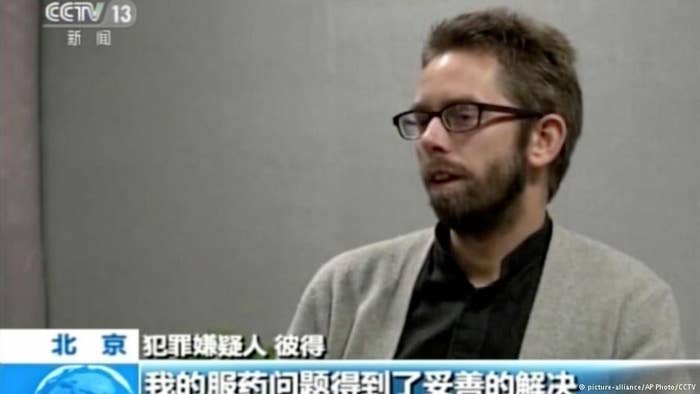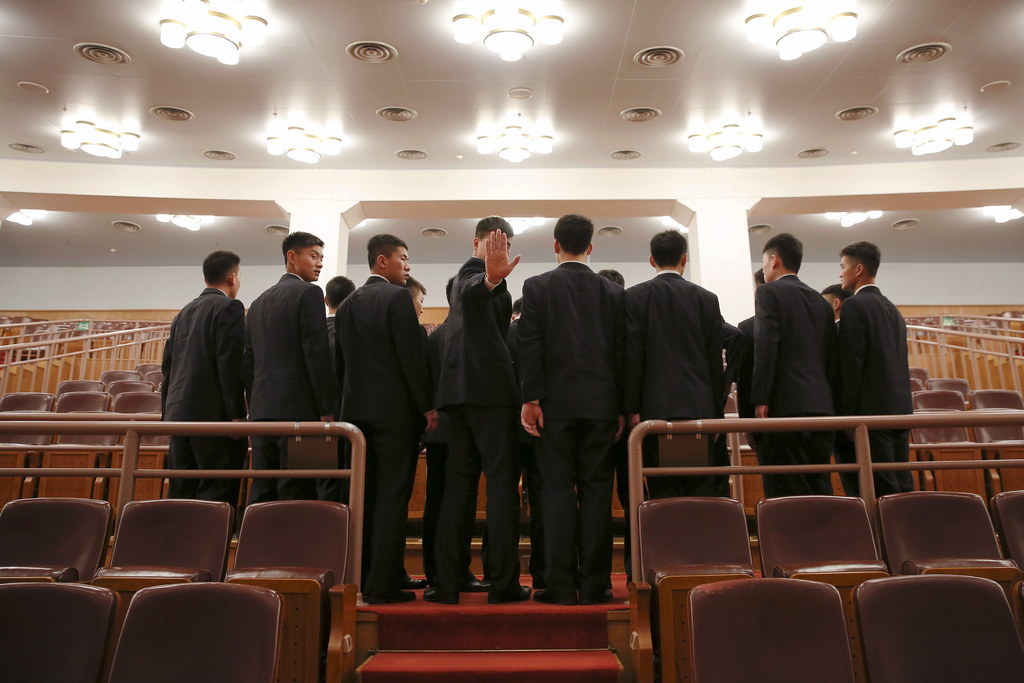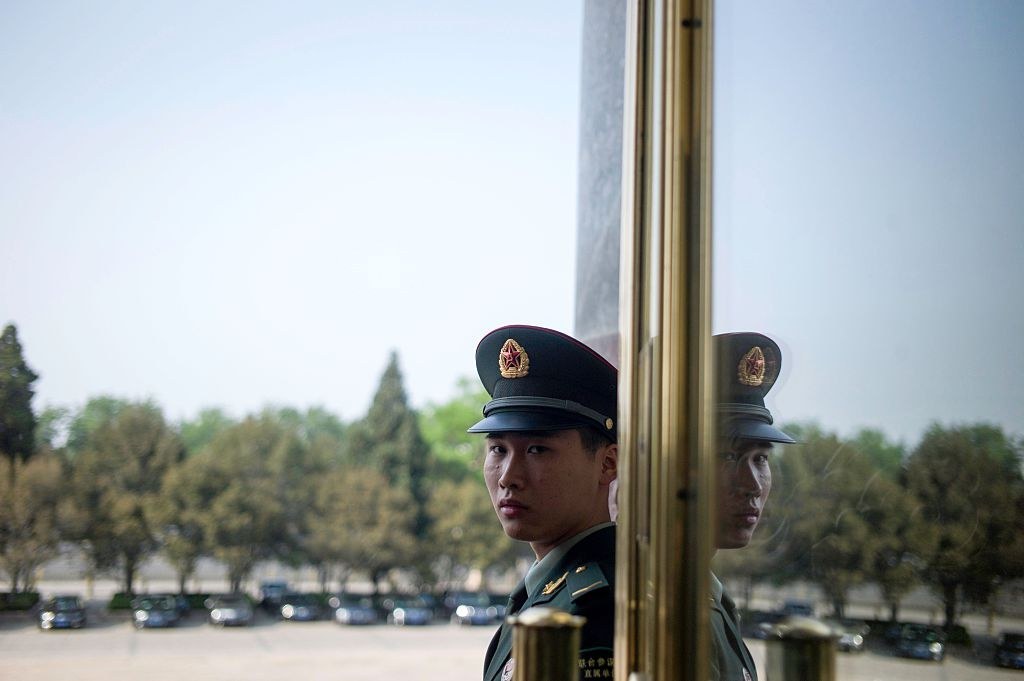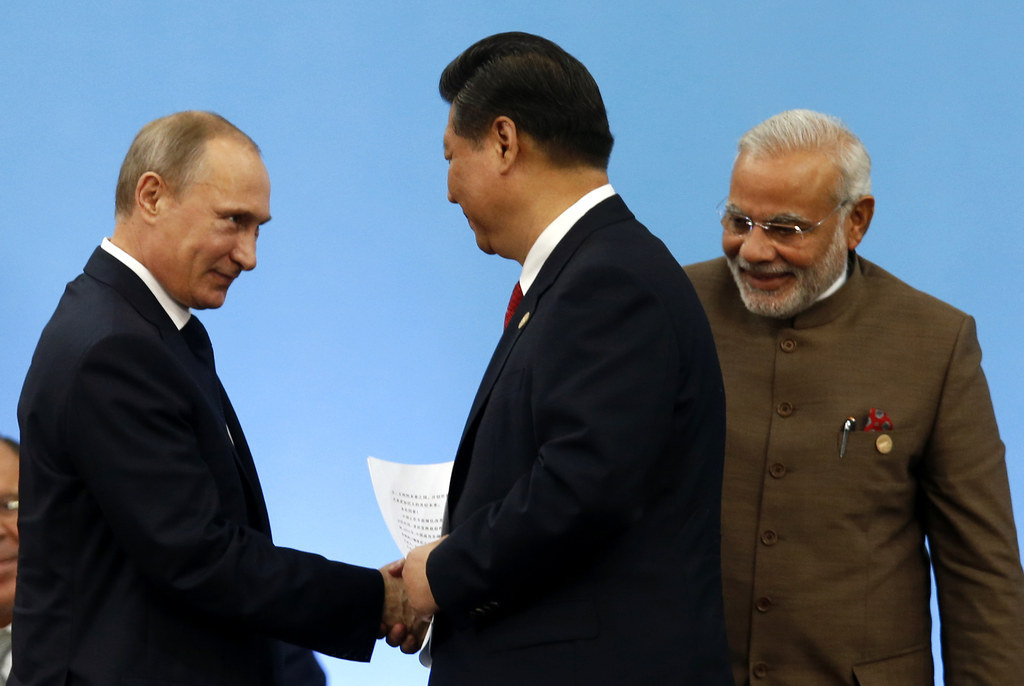It just got a little harder — again — to try to do good in China. On Thursday, China's Congress passed a controversial new law imposing stricter regulations on non-Chinese NGOs operating inside the country, according to Xinhua.
Update: Foreign NGOs operating on #China mainland without approval to be punished https://t.co/FFzE7f28GR
Starting in 2017, the new law will put foreign NGOs under the Public Security Bureau's supervision instead of the Ministry of Civil Affairs, which currently oversees them. Foreign NGOs will face tighter control and supervision of their daily activities and finances.
Even prior to the law's passage, the climate hasn't been great for NGOs in China. In January, a Swedish activist "confessed" on China's state television CCTV to charges of damaging national security with his NGO's support of local rights lawyers.

The Overseas NGO Management Law has raised widespread concern among international organizations and politicians:
Deeply concerned at passage of new NGO law in #China. Act limits space for civil society; puts legitimate work of independent NGOs at risk.
The new law is viewed as part of a series of campaigns cracking down on any perceived threat against the Communist Party. Just two weeks ago, Chinese women were warned not to fall in "dangerous love" with foreign men – they might be spies:
China’s “Dangerous Love” campaign warning against dating foreign spies is met with shrugs. https://t.co/czlHVrP0Bi
In the same vein is China's new foreign media ban, which was said to go into effect in March. (But people are still puzzled over the actual effect the law's had.)

For a police force that's busy monitoring conversations and activities of people including journalists, dissidents, protesters on a 24/7 basis both on and offline, it remains unclear how much they'll cope with 7,000 more organizations to look after.
The police will be now entitled even greater a power to scrutinize their operations: overseas NGOs will be required to have the endorsement of a local organizations; an organization will be forced to shut down if it doesn't receive official approval to operate in the country.


